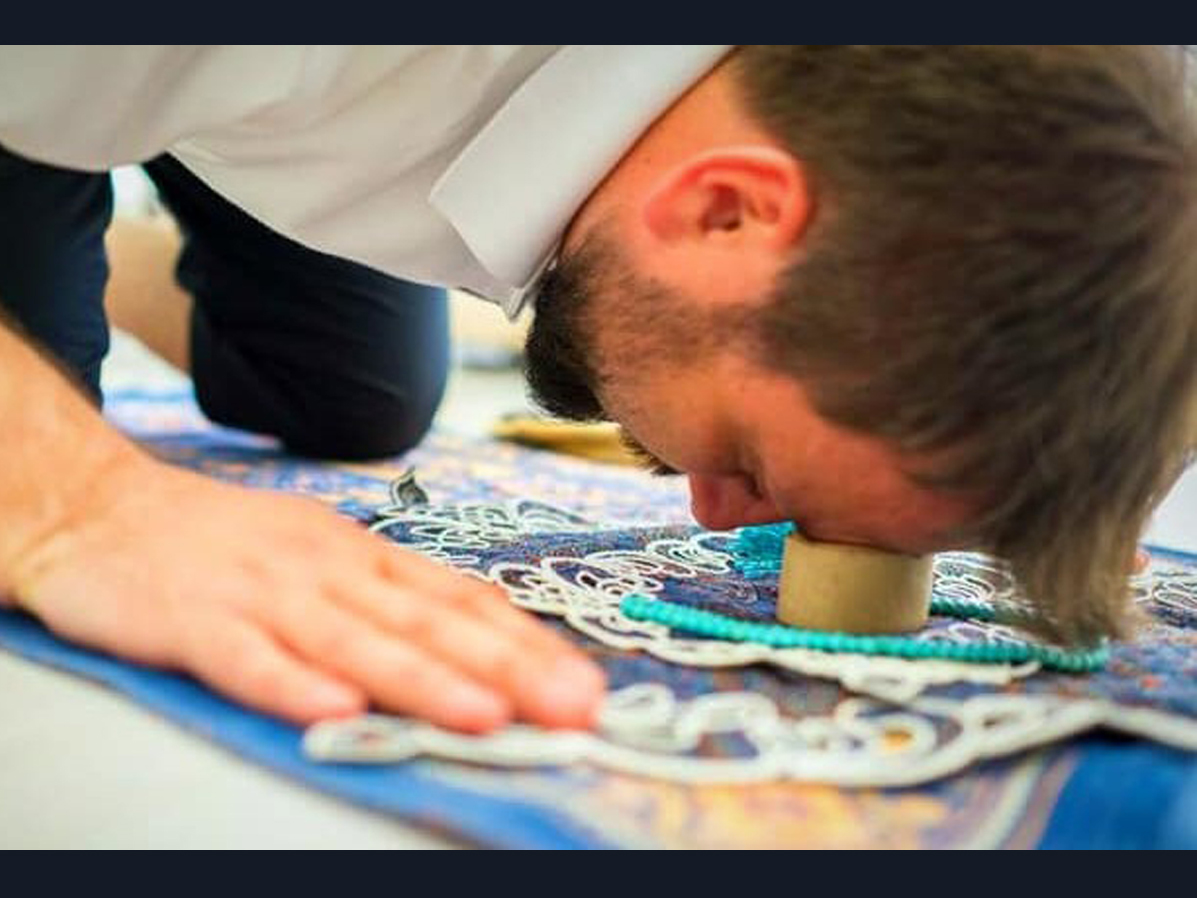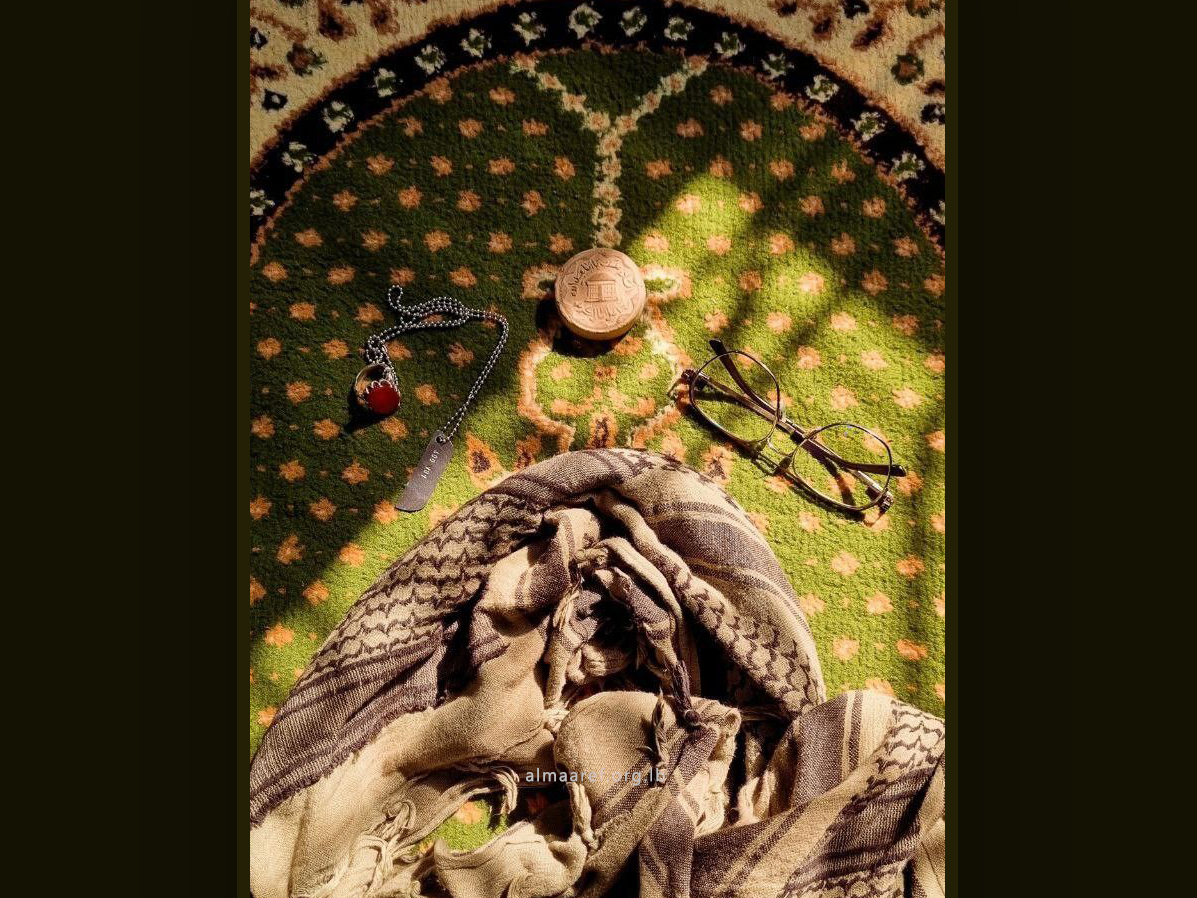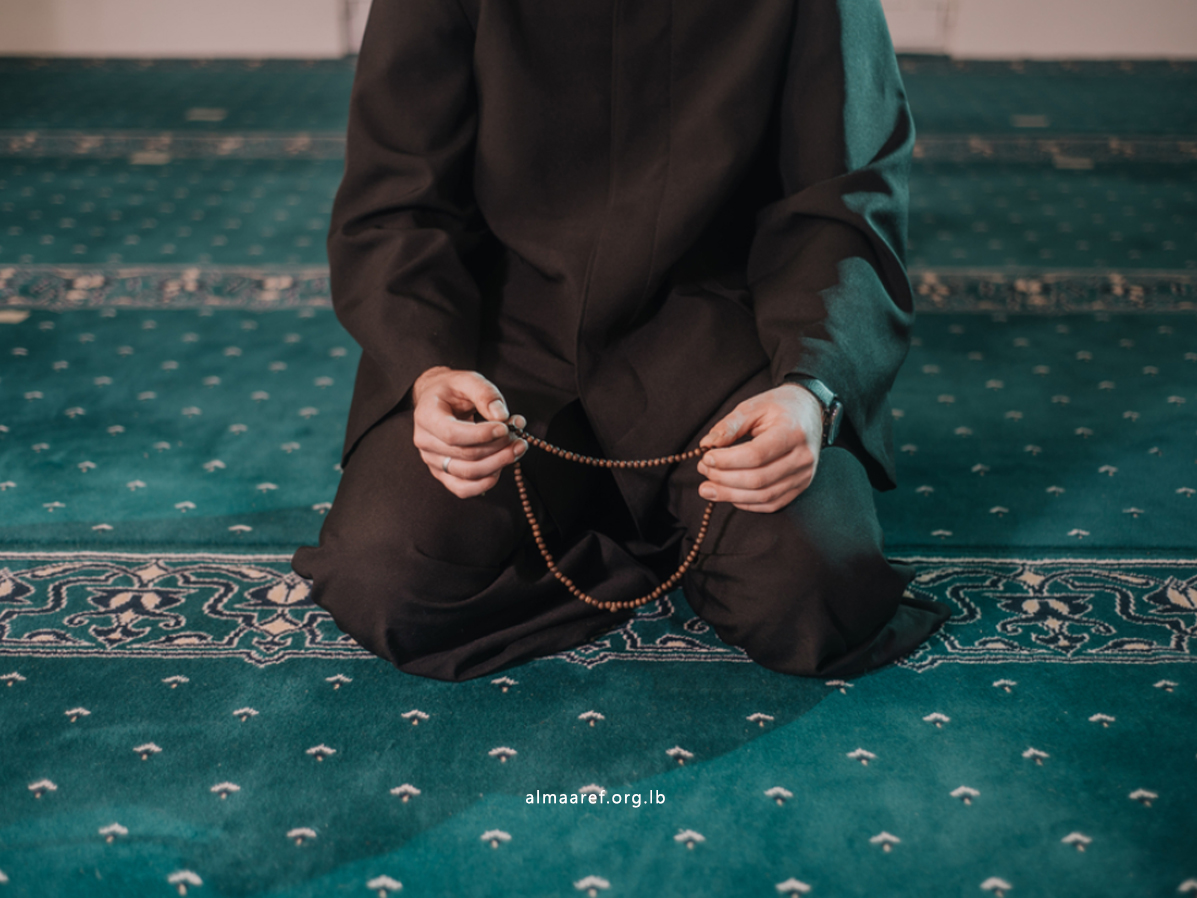Prostration Secret and its Etiquettes
It is narrated by Al Imam Al Sadiq (a.s): "By God, one who performs true prostration has not lost, even if it was done only once in a lifetime. And one who meets with his God in such a state, yet resembles deceiving himself by being heedless and unaware of what God has prepared for those who prostrate, from the joys of the present life and the comfort of the afterlife, will never succeed. One who perfects his closeness to God during prostration will never be distant from Him, and one who behaves improperly and neglects its sanctity by attaching his heart to anything other than God during prostration will never be close to Him. So, prostrate as a humble servant of God, knowing that he was created from the dust upon which people tread, and that he was made from a despised drop of fluid, and that he was nothing before. God has made the meaning of prostration a way to draw close to Him with the heart, the secret, and the spirit. Whoever draws near to God becomes distant from anything else. Do you not see outwardly that the state of prostration is only perfected by withdrawing from all things and being concealed from everything visible? The same applies inwardly: if one's heart is attached to anything other than God during prayer, he is close to that thing and far from the true intention of what God wants from his prayer. Almighty God says: “God has not made for any man two hearts in his breast”.[1] the Messenger of God (peace and blessings be upon him) said: “God, the Exalted, said: I do not look into the heart of a servant and find in it love for sincerity in obeying Me and seeking My pleasure without taking charge of reforming and guiding him. Whoever is preoccupied with something other than Me is among those who mock themselves, and their name is recorded in the register of the losers.”[2]
The Secret of Prostration: It involves leaving the self behind and closing the eyes to everything except the Truth, the Exalted. Placing the head on the ground symbolizes that God's greatness and beauty cannot be seen unless a person recognizes his own poverty and humility and thus humbles himself before God. By doing so, he sees the majesty and beauty of lordship. The etiquette of placing the head on the earth is to cast away the highest rank of one's self and see it as less than the dust.
Prostration is a reminder of man’s origin, which is dust. By remembering his origin, it is hoped that he will abandon arrogance and pride.
Placing the main parts of the body (the head with all it contains, the hands, and the feet) on the ground of humility and submission, these parts being the organs of perception and where movement and power are manifested, is a sign of complete surrender and the offering of all one's faculties. When this remembrance strengthens in the heart, the heart gradually reacts to it, resulting in a state of fleeing from the self and abandoning the perception of the self. The outcome of this state is attaining intimacy with God and worshiping Him.
* Lessons from the Spiritual Etiquettes of Prayer, Al Maaref Islamic and Cultural Institution
[1] Surah Al Ahzab verse 4
[2] Misbah Al Shari’a, door 41, about prostration, page 91



















